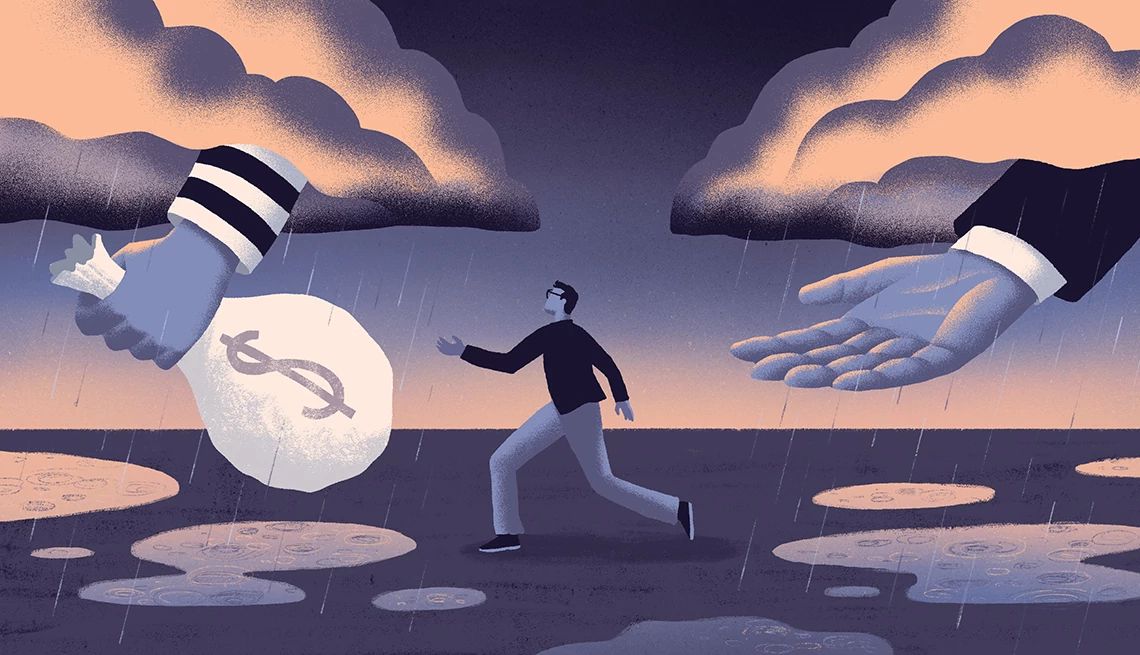
President Ferdinand Marcos Jr. has made a bold decision to address the country’s growing concerns by announcing a total ban on Philippine Offshore Gaming Operators (POGOs) in the Philippines. This move comes after years of controversy and allegations of illegal activities associated with POGOs.
During his third State of the Nation Address (SONA), Marcos emphasized the need to put an end to the “grave abuse and disrespect to our system of laws” and to eliminate the “panggulo” (nonsense) that has been affecting the country. He directed the Philippine Amusement and Gaming Corporation (PAGCOR) to wind down and cease POGO operations by the end of the year.
In response to the ban, the Philippine government has pledged to assist Filipino POGO workers in finding new jobs. Finance Secretary Ralph Recto assured that the government would work to ensure that all displaced Filipino workers have new employment opportunities by the end of the year. The Department of Finance will collaborate with the Department of Labor and Employment to provide reskilling and upskilling training for affected workers.
National Economic and Development Authority Secretary Arsenio Balisacan downplayed the economic impact of the ban, highlighting that POGOs contributed less than 0.5% to the country’s GDP in 2022. He emphasized that the social and reputational costs of hosting POGOs outweigh their economic benefits.
Various government agencies, including the Department of Social Welfare and Development (DSWD) and the Department of Labor and Employment (DOLE), have also committed to providing assistance to affected workers. The DSWD plans to repurpose shutdown POGO hubs into shelters for those in need.
The ban aims to address social concerns and illegal activities associated with POGOs, such as financial scams, money laundering, human trafficking, and violent crimes. While the ban is expected to solve many problems, it may not address all issues.
As the Philippines implements this significant policy change, the government faces the challenge of balancing economic considerations with social welfare and national security concerns. Interior Secretary Benjamin Abalos Jr. has instructed local government units to scrutinize business permit applications more closely to prevent illegal operations from continuing under different guises.



















